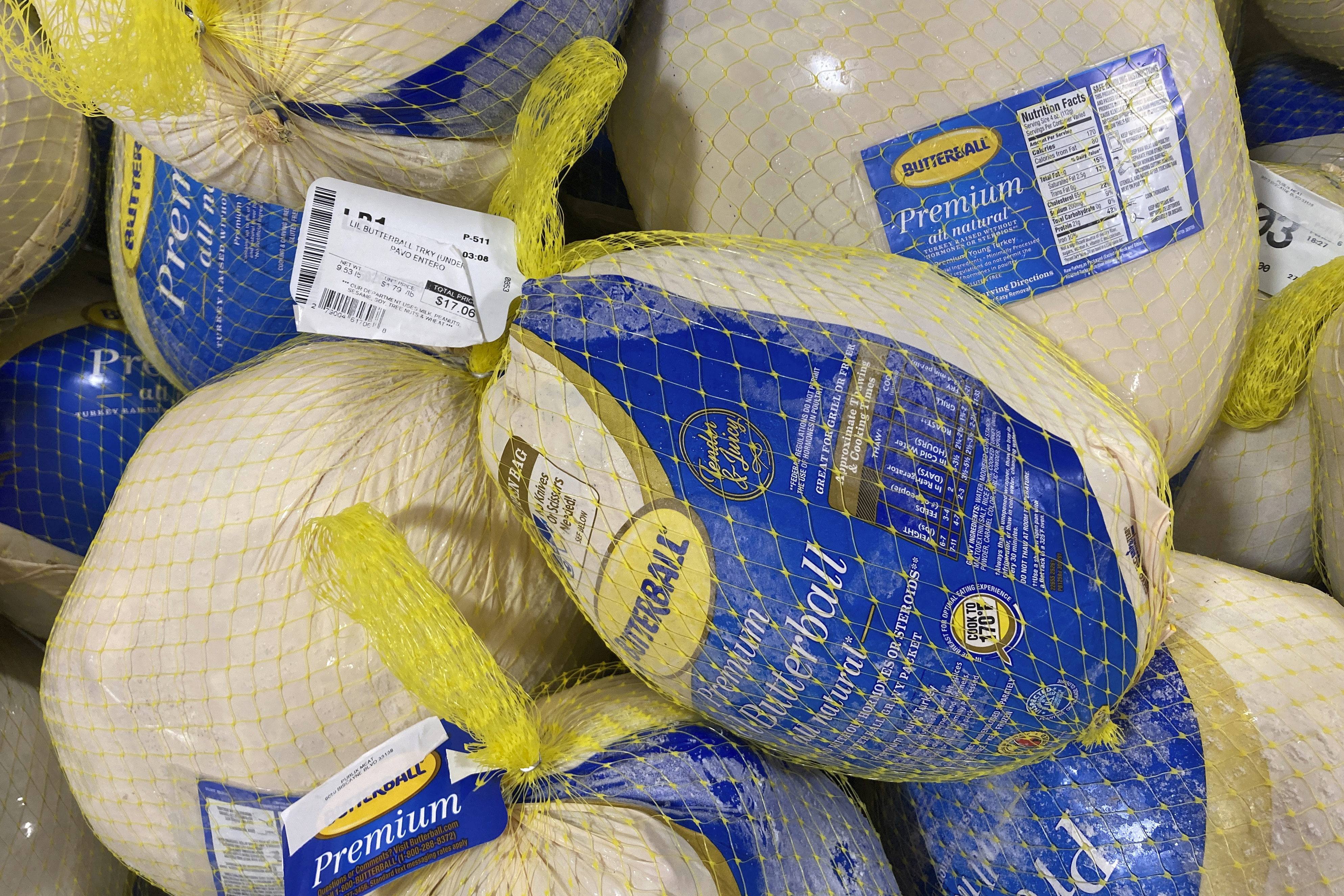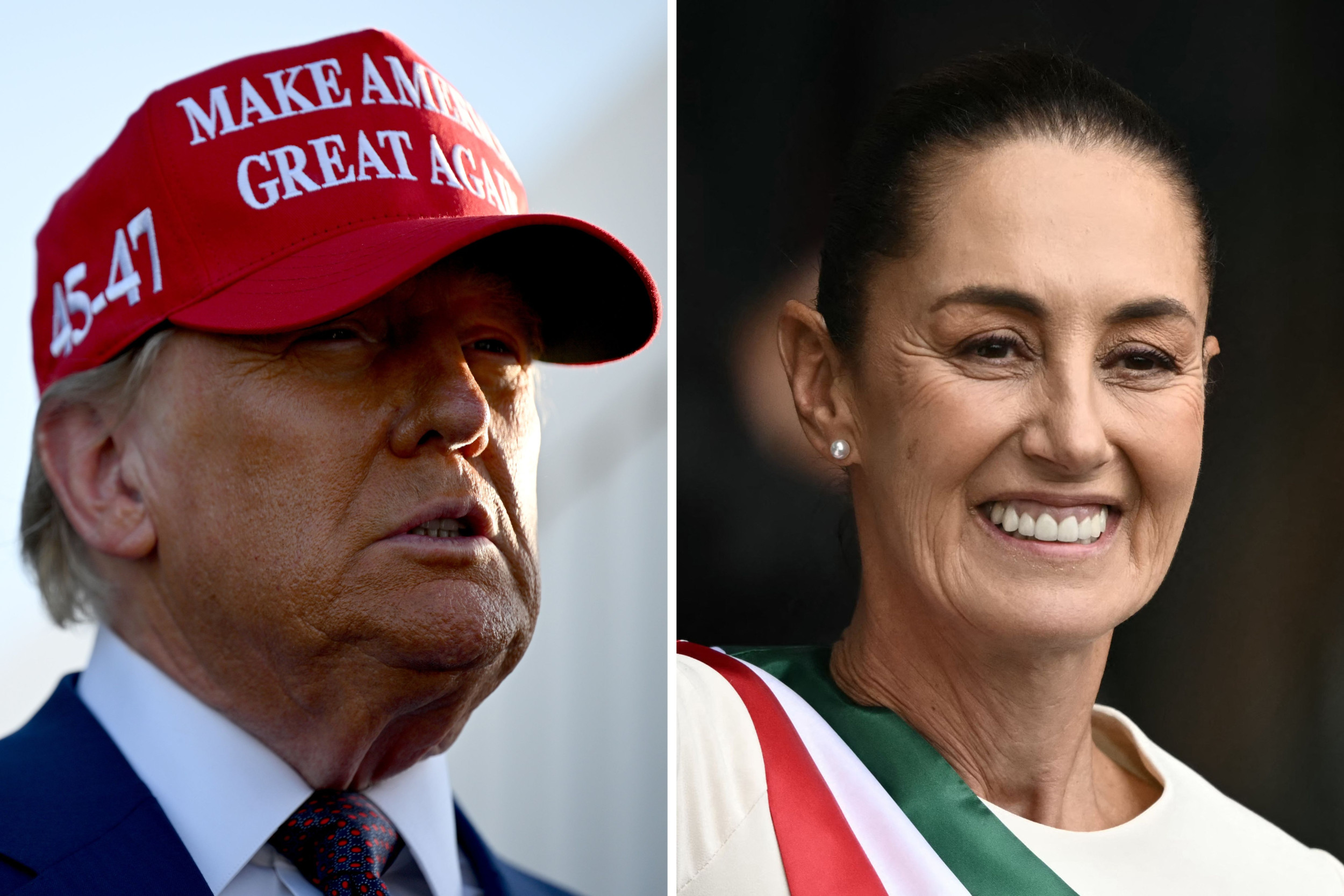U.S consumer confidence has improved as fewer Americans anticipate a recession, according to the Conference Board's latest report.
What Did the Conference Board Say?
The Conference Board, a business research group, said Tuesday that its consumer confidence index climbed to 111.7, up from October's 109.6.
While the increase is modest, it follows a significant boost in October, signaling growing optimism among U.S. households.
In the Conference Board's report, Americans also seem less concerned about the possibility of an economic downturn. The proportion of respondents expecting a recession in the next year dropped to its lowest level since the question was first posed in July 2022.
Meanwhile, optimism about hiring surged to its highest point in nearly three years, highlighting the public's growing confidence in the job market.
What Does This Mean for Consumers?
Rising confidence could translate into stronger consumer spending, a crucial driver of economic growth, although Americans have already been spending robustly despite lower confidence levels over the past two years.

Inflation expectations also saw a notable shift. Americans now anticipate the slowest price growth since March 2020, the last calm before inflation began to surge. However, there is a duality in consumer sentiment, "consumers overwhelmingly selected higher prices as their top concern and lower prices as their top wish for the new year," the Conference Board said.
The report comes after President-elect Donald Trump's election victory. While the Conference Board doesn't break out its responses by party, another measure of consumer sentiment by the University of Michigan showed that optimism about the economy jumped among Republicans after the election.
What Are Economists Saying?
Despite the positive outlook, economists are raising red flags. Just hours before the report's release, Trump announced plans to impose 25 percent tariffs on all imports from Canada and Mexico, and an additional 10 percent on imports from China—a move experts warn could drive inflation higher.
Samuel Tombs, chief U.S. economist at Pantheon Macroeconomics, noted that households might be underestimating the potential cost increases from such trade policies, or they may believe Trump's campaign promises won't translate into actual policy.
"Households for now seem to have their heads in the sand about the potential uplifts to consumer prices from tariffs and deportations, or they think Trump wasn't serious about his intentions during the campaign," Tombs wrote in a client note, according to The Associated Press.
While optimism grows, the interplay between consumer confidence, spending, and economic policy will shape the coming months, and the early days of Trump's presidency will likely play a pivotal role in determining whether these upbeat expectations are justified.
This article includes reporting from The Associated Press.



















 English (US) ·
English (US) ·